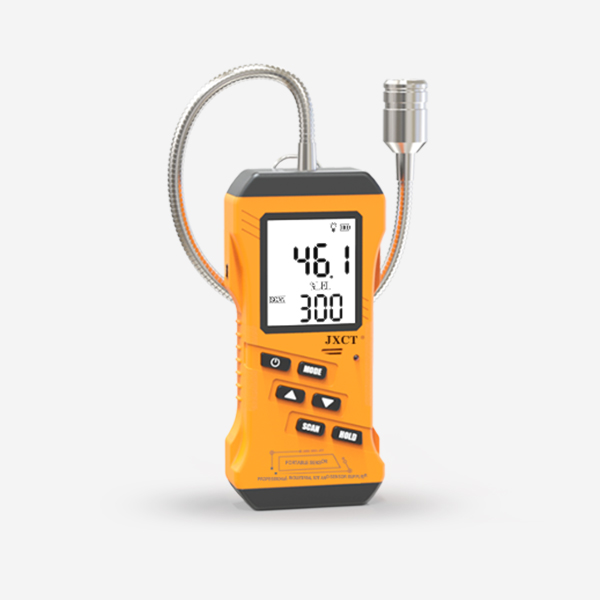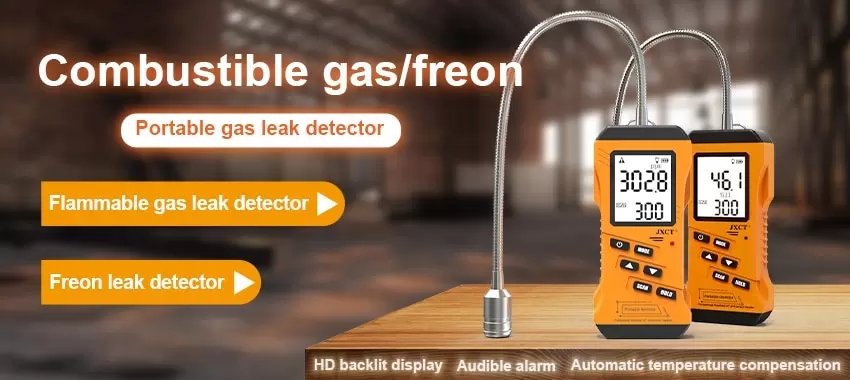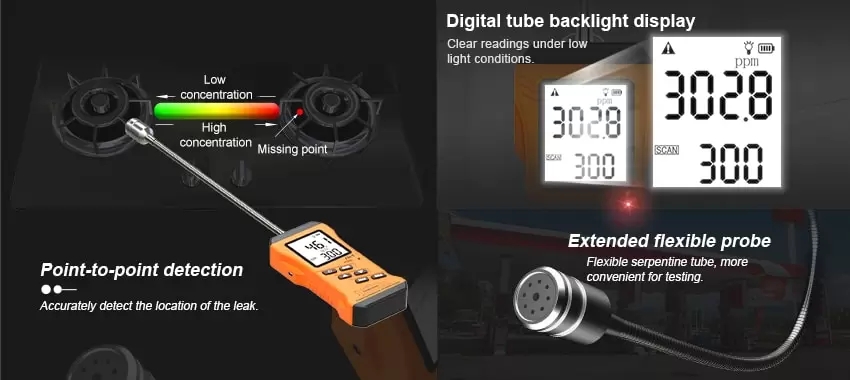Understanding Freon Leak detector
A Freon leak detector is a specialized device used to detect leaks in refrigeration and air conditioning systems. Freon, also known as hydrochlorofluorocarbon (HCFC), is a widely used refrigerant that plays a crucial role in keeping our homes, buildings, and automobiles cool. However, when a Freon leak occurs, it can have detrimental effects on the environment, human health, and the performance of the cooling system.
Understanding Freon Leaks
Freon leaks can occur in various refrigeration systems, including air conditioners, refrigerators, freezers, and heat pumps. Freon, once released into the atmosphere, has the potential to damage the ozone layer and contribute to climate change.

Refrigerant leaks can happen due to various reasons, including mechanical failure, poor installation, improper maintenance, or damage to the refrigerant lines. Leaks can be small and slowly release Freon over an extended period, or they can be significant and lead to a sudden loss of refrigerant. Regardless of the size, it is crucial to detect and repair any Freon leaks promptly.
The Role of Freon Leak Detector
A Freon leak detector identifies the presence of refrigerant leaks in a cooling system. These detectors utilize different sensing technologies to detect the presence of Freon gases, ensuring accurate and reliable results. Here are some common types of Freon leak detectors:

Electronic Leak Detectors: These detectors use a heated diode sensor or an infrared sensor to detect the presence of refrigerant gases. When a refrigerant leak is present, the sensors trigger an alarm or display a visual indicator to alert the user. Electronic leak detectors are highly sensitive, capable of detecting even small leaks, and are commonly used in HVAC service and maintenance.
Ultrasonic Leak Detectors: Ultrasonic leak detectors work by detecting the high-frequency sound generated by the turbulence of a refrigerant leak. These detectors convert ultrasonic waves into sound signals, allowing users to pinpoint the exact location of leaks. Ultrasonic leak detectors are especially useful for detecting refrigerants.
Importance of Freon Leak Detector
Freon leak detectors play a vital role in protecting the environment and ensuring the normal cooling system. Here’s why these detectors are essential:

Environmental Protection: Freon gases, such as chlorofluorocarbons (CFCs) and hydrochlorofluorocarbons (HCFCs), have been identified as ozone-depleting substances. When released into the atmosphere, they can reach the stratosphere and cause damage to the ozone layer. Freon leak detectors help prevent such leaks by detecting and repairing them promptly, reducing the amount of refrigerant released into the environment.
Energy Efficiency: Refrigerant leaks can lead to decreased cooling efficiency and increased energy consumption in cooling systems. When the freon content is low, the cooling system must work harder; As a result, cooling capacity is reduced. By quickly identifying and repairing Freon leaks, these detectors help maintain optimal system performance and energy efficiency, thereby reducing energy bills.
System Reliability: Freon leaks can impact the performance and reliability of cooling systems. Low refrigerant levels can cause fluctuations in temperature, reduced cooling capacity, increased compressor workload, and potential system failures. Freon leak detectors detect leaks early, allowing technicians to repair the system and ensure that the sensors are functioning properly.
Compliance with Regulations: Several regulations and guidelines govern the use and handling of refrigerants. Detecting and repairing Freon leaks is not only essential for environmental protection but also for compliance with these regulations. Freon leak detectors help businesses and individuals ensure that their refrigeration systems meet the necessary standards and requirements.
Proper Usage and Maintenance
To ensure accurate and reliable performance, Freon leak detectors require proper usage and regular maintenance. Here are some guidelines to follow:
Calibration: Freon leak detectors should be calibrated according to manufacturer specifications. Calibration ensures the accuracy of the detector’s readings and helps identify the smallest leaks.
Proper training: Users receive training on operating Freon leak detectors and understanding alarm signals. Familiarity with the device aids in efficient leak detection and prompt repairs.
Regular Inspection: Check the detector’s sensor, probe, and connections regularly for any damage, debris, or wear.